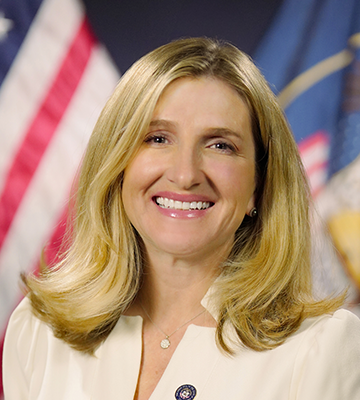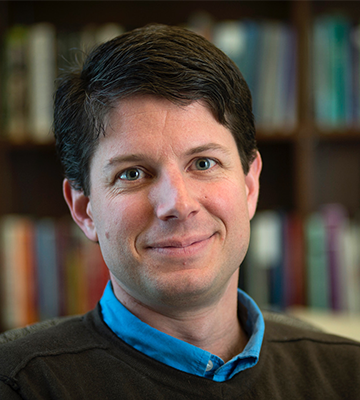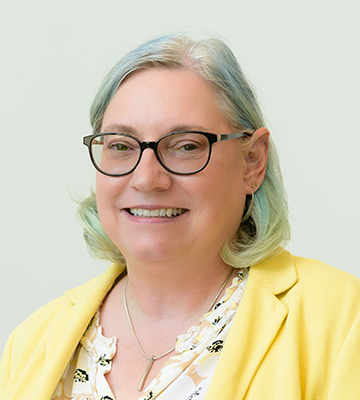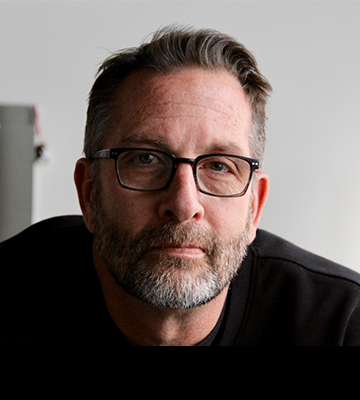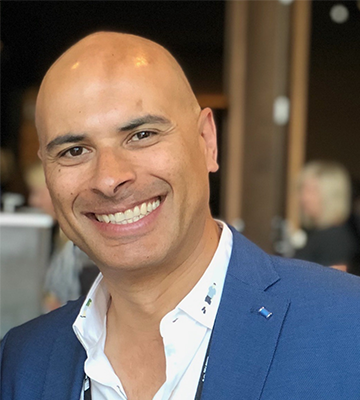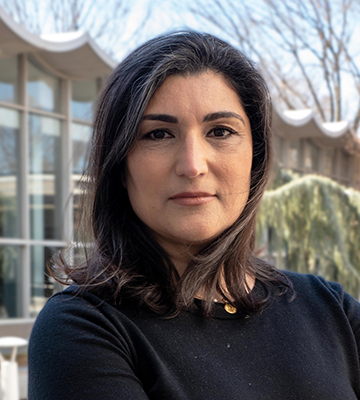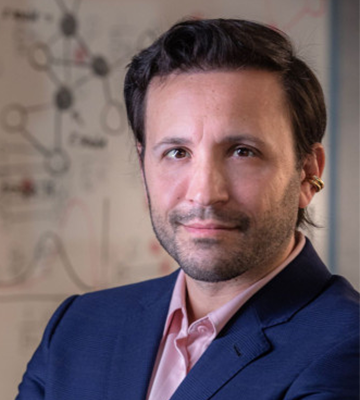Our Team
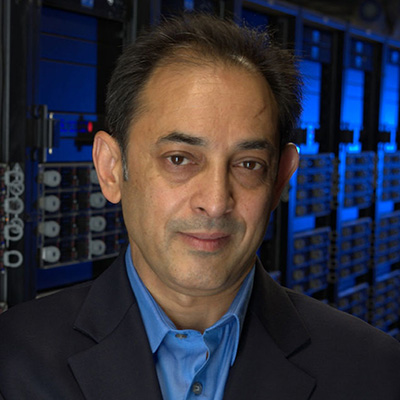

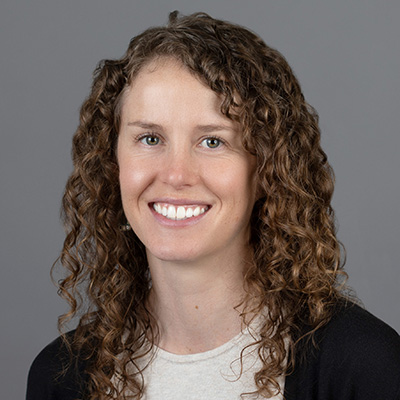

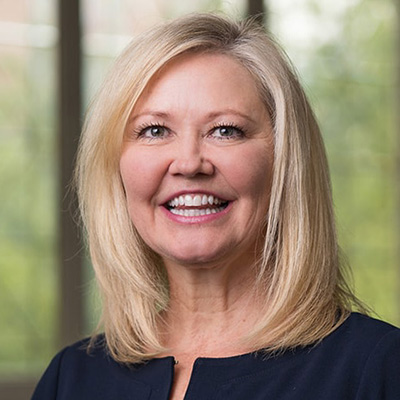



Faculty Fellows
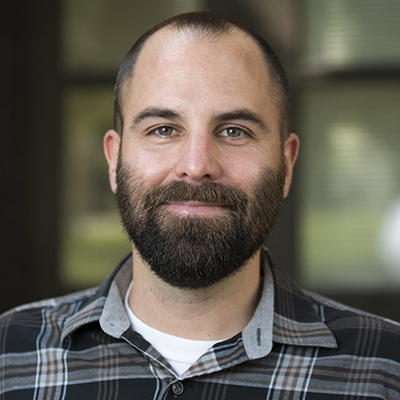
Thematic Areas: Environment + Teaching & Learning
Codding’s work applies machine learning and deep learning models to aid Indigenous-led conservation and restoration projects. He will work with community partners around the use of AI for understanding and addressing critical human-environmental challenges. “This will include building partnerships, inclusive training data sets, and models that responsibly represent the environmental management needs and goals of tribal members,” he said. Ultimately, he hopes to help inform restoration and conservation efforts that improve ecosystems and livelihoods in Utah.

Thematic Areas: Environment + Healthcare & Wellness
Freiling’s publications identify the challenges that algorithms pose in understanding online information environments, such as social media, where researchers don’t know who sees what. “For example, if we do not know who saw a message about climate change, we cannot measure its effect on people’s perceptions of climate change,” she said. She is advancing understanding of how this lack of access to data hinders theory building. Science communication is critical to advancing AI responsibly, she said, because it helps to reach diverse audiences affected by AI and identify ethical issues.

Thematic Area: Healthcare & Wellness
French brings a foundational knowledge of AI and machine learning; a unique combination of skills related to neurorehabilitation, bioinformatics, and data science; and expertise related to patient-centered outcomes. She uses biomedical data and AI to examine complex patterns in rehabilitation and develop predictive models of outcomes, particularly for stroke recovery. “Curating a robust dataset is essential to setting the stage for my research goals and for ensuring the responsible application of AI to high-quality data in healthcare,” she said.
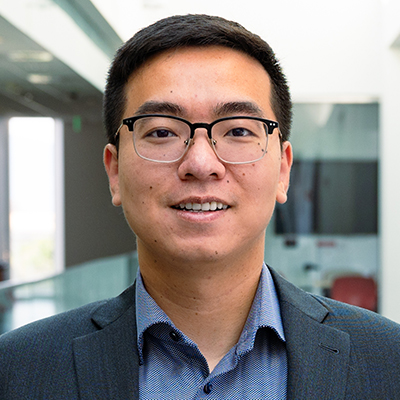
Thematic Area: Teaching & Learning
Li has developed and investigated numerous AI models in teaching and learning, including responsible large language models (LLMs) for scalable online-learning support. He focuses on the personalization of education through fair, accountable, and transparent AI tools and learning analytics grounded in rich learning theories. “I intend to collaborate on research and grant proposals promoting educational equity through AI and organize or contribute to venues to raise awareness of AI’s societal impacts among educators and students,” Li said.
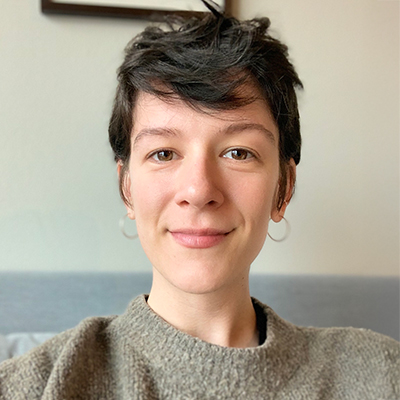
Thematic Area: Teaching & Learning
Marasović develops and rigorously evaluates frontier AI models, such as LLMs, to empower people through effective AI-assisted decision-making, communication, and creativity. “I advocate for simulations where dynamic and complex interactions unfold over time, where risks are evident, and accountability is promoted, as in real-life decision making,” she said. “I will, as a faculty fellow, create a robust testbed to assess the readiness of LLMs and the human-AI collaboration methods developed by my lab, ultimately enhancing both their development and their ability to improve student learning.”
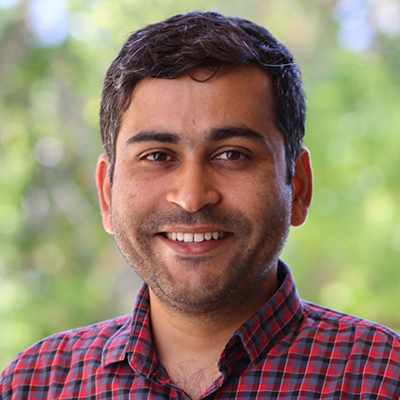
Thematic Area: Healthcare & Wellness
Vineet expects to use his training in human-centered design to create AI-powered digital health platforms, such as smartphone-based tools that measure movement and cognitive performance to reduce expert load in clinical assessment and rehabilitation. “I see a massive opportunity to do foundational work bringing together two areas—human-computer interaction and AI—that have diverged over time,” he said. “Responsible AI technologies need human-centered design with multiple stakeholders to be useful in complex situations like healthcare.”
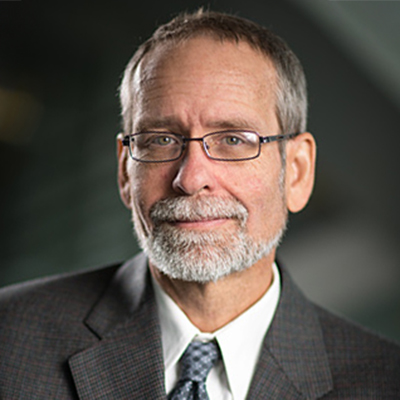
Thematic Area: Healthcare & Wellness
For the last eight years, Yandell has worked almost exclusively on the development of machine learning and AI tools in genomics and population health. A major focus of his work is genetic diagnosis for critically ill newborns. “Responsible AI is the common theme running through all these projects, as healthcare applications involving AI entail complex ethical and legal responsibilities,” Yandell said.
Executive Committee
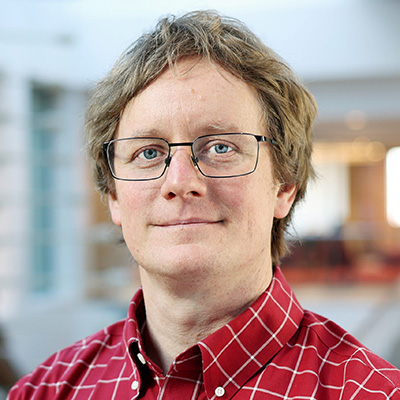

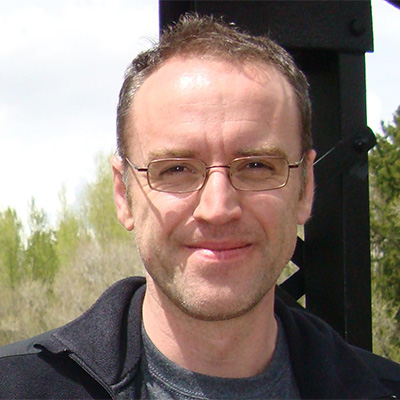

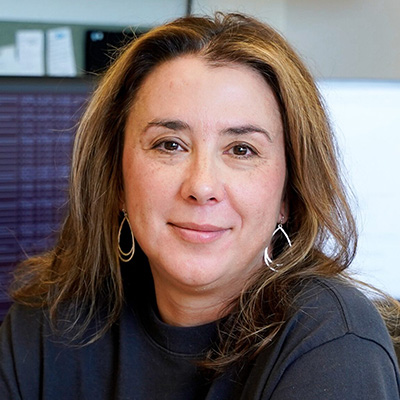





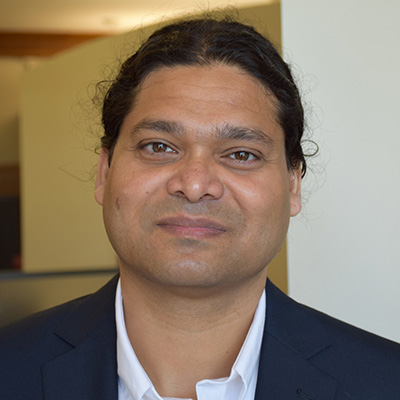

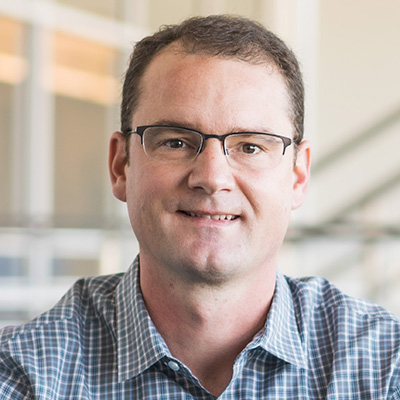

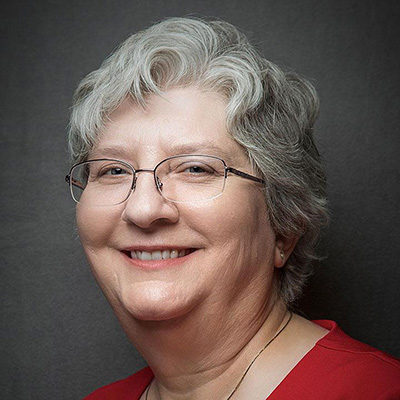

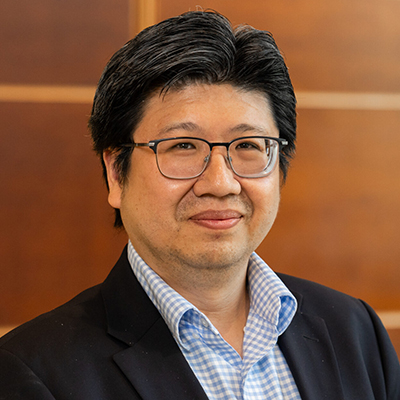

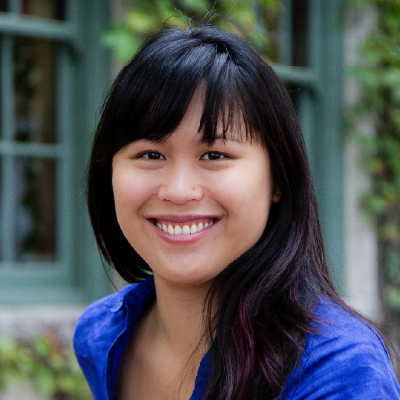

Previous Members of the Executive Committee
Avery Holton (2024)—Chair and Professor, Communication; Director, Utah Artificial Intelligence Research Center in the Humanities
Faculty Engagement Committee
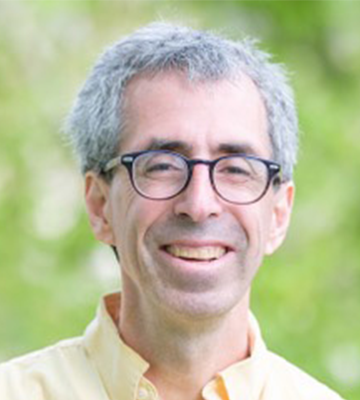

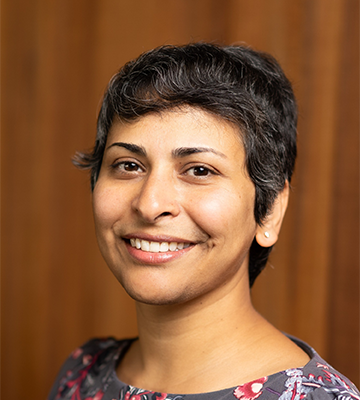

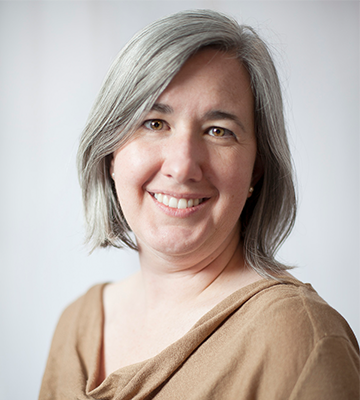

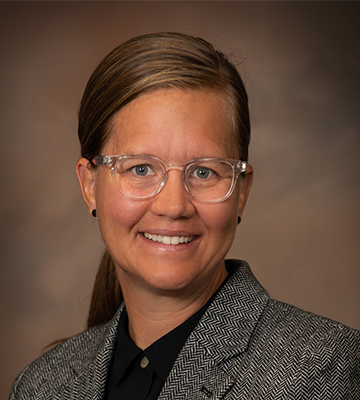



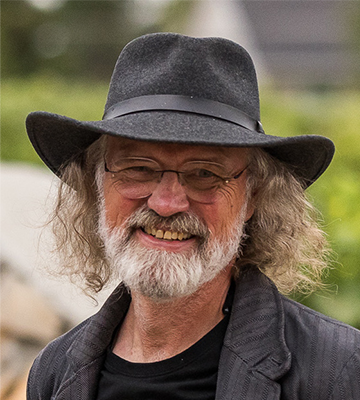

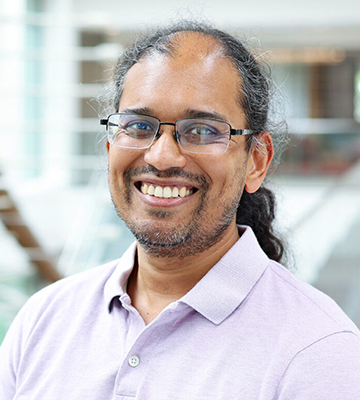



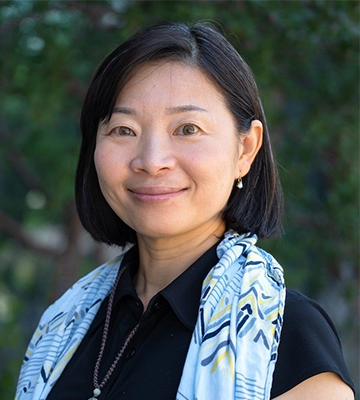

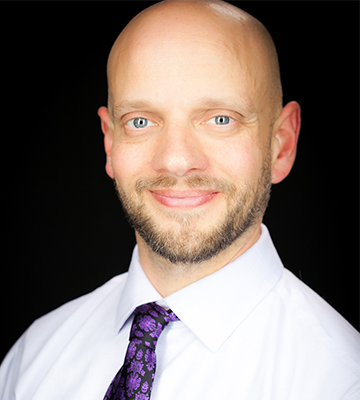

External Advisory Committee


